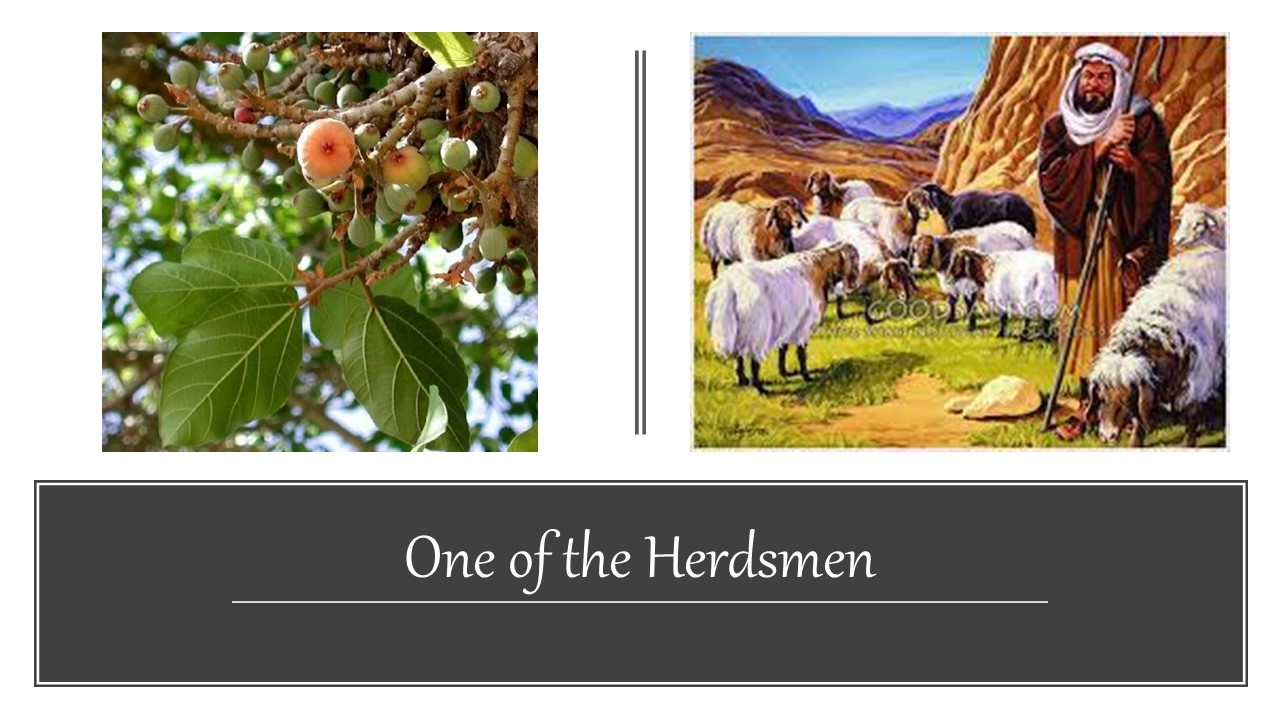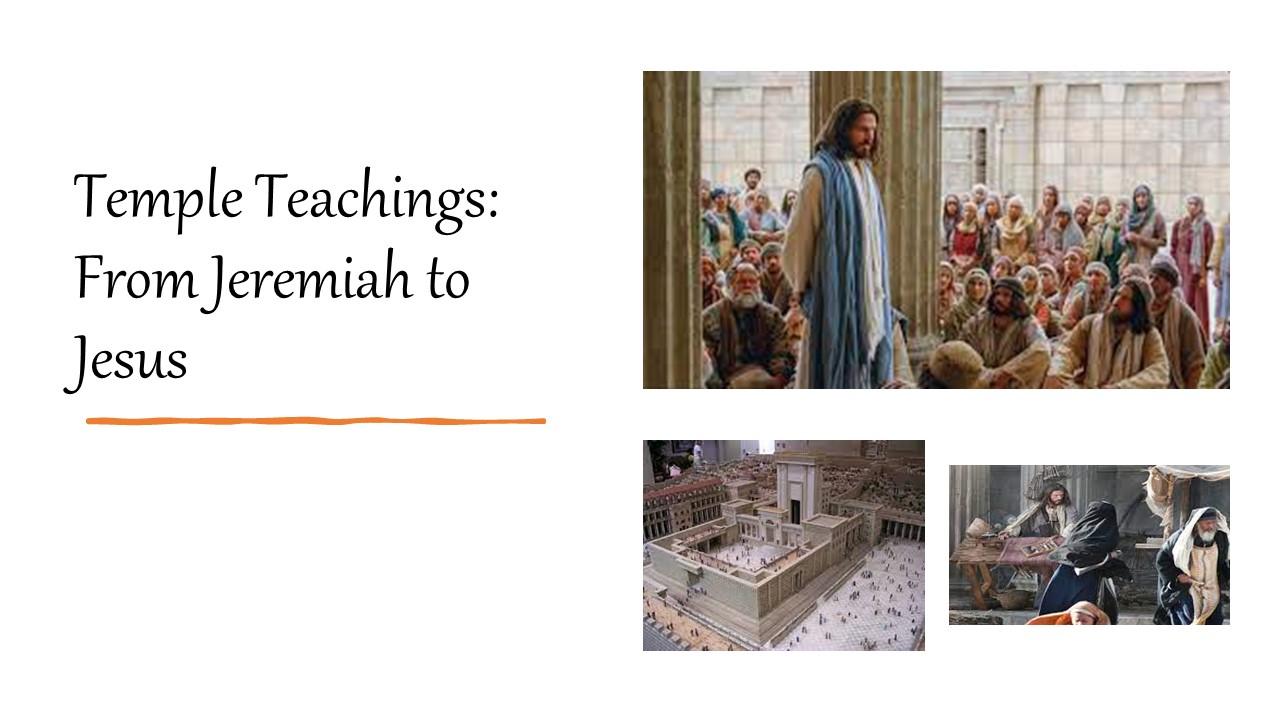By the time we get to the book of Deuteronomy, the Israelites have reached the last leg of their journey through the wilderness en route to the promised land. On the way they endured hunger and loss during what seemed to be a never-ending journey.
In Joshua 1, following the death of Moses, God appoints Joshua as the new leader of the Israelites. God reassures Joshua of His presence and promises to give them the land of Canaan, just as He had promised to Moses. In Joshua 3, the Israelites prepare to cross the Jordan River and enter the Promised Land. Joshua instructs the people to consecrate themselves and to follow the ark of the covenant, which symbolizes the presence of God.
As they approach the river, Joshua informs the people that the priests carrying the ark will lead the way. When the priests' feet touch the water, the Jordan River miraculously stops flowing, allowing the Israelites to cross on dry ground. The priests remain in the river until all the people have crossed safely to the other side.
This miraculous crossing marks a pivotal moment in the Israelites' journey. It symbolizes leaving behind the old life of bondage and stepping into a new life of freedom and abundance. Likewise, the River Jordan holds spiritual significance for us as believers. It represents the barrier between our old life of sin and separation from God and the new life of reconciliation and intimacy with Him. We also briefly discuss how the crossing of the Jordan foreshadows Jesus.

Amos is a shepherd and a fruit picker from the Judean village of Tekoa when God calls him, even though he lacks an education...

In Jeremiah 7, Jeremiah confronts the hypocrisy and superficial piety of his people. He criticizes the Temple, once a symbol of divine presence, now...

Texts in the Old Testament (most notably in Exodus and Deuteronomy) invite us to look to the past. They exhort us to rest on...